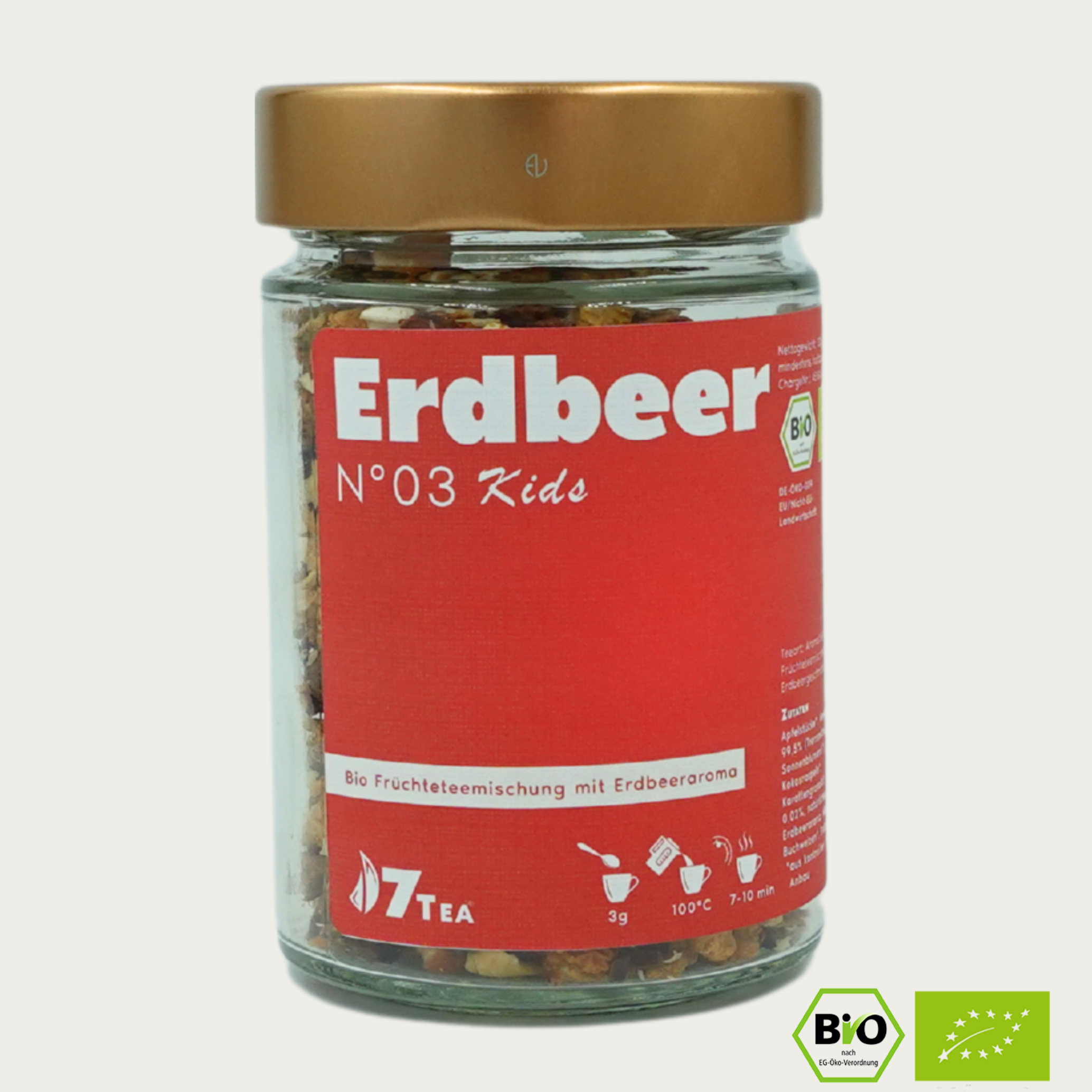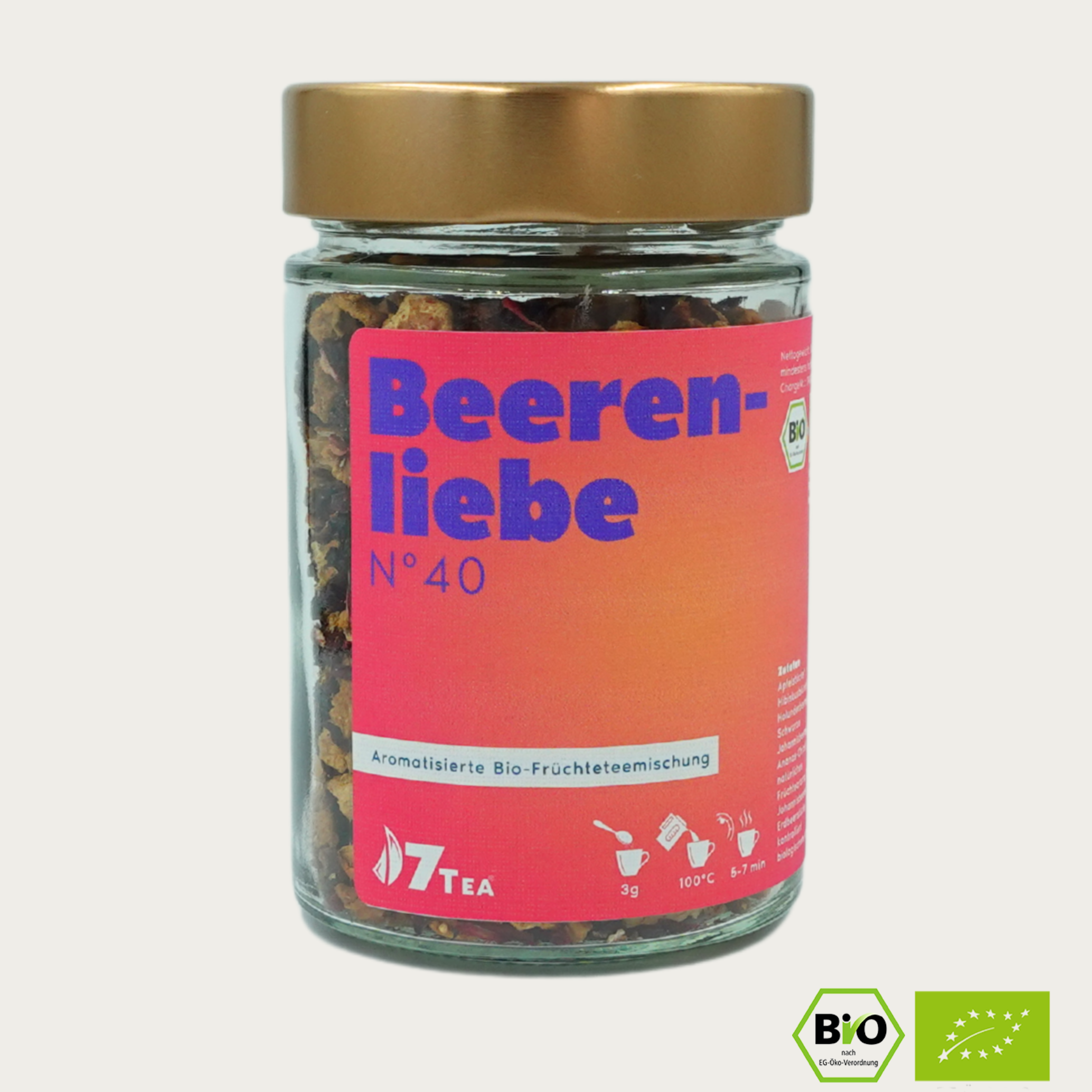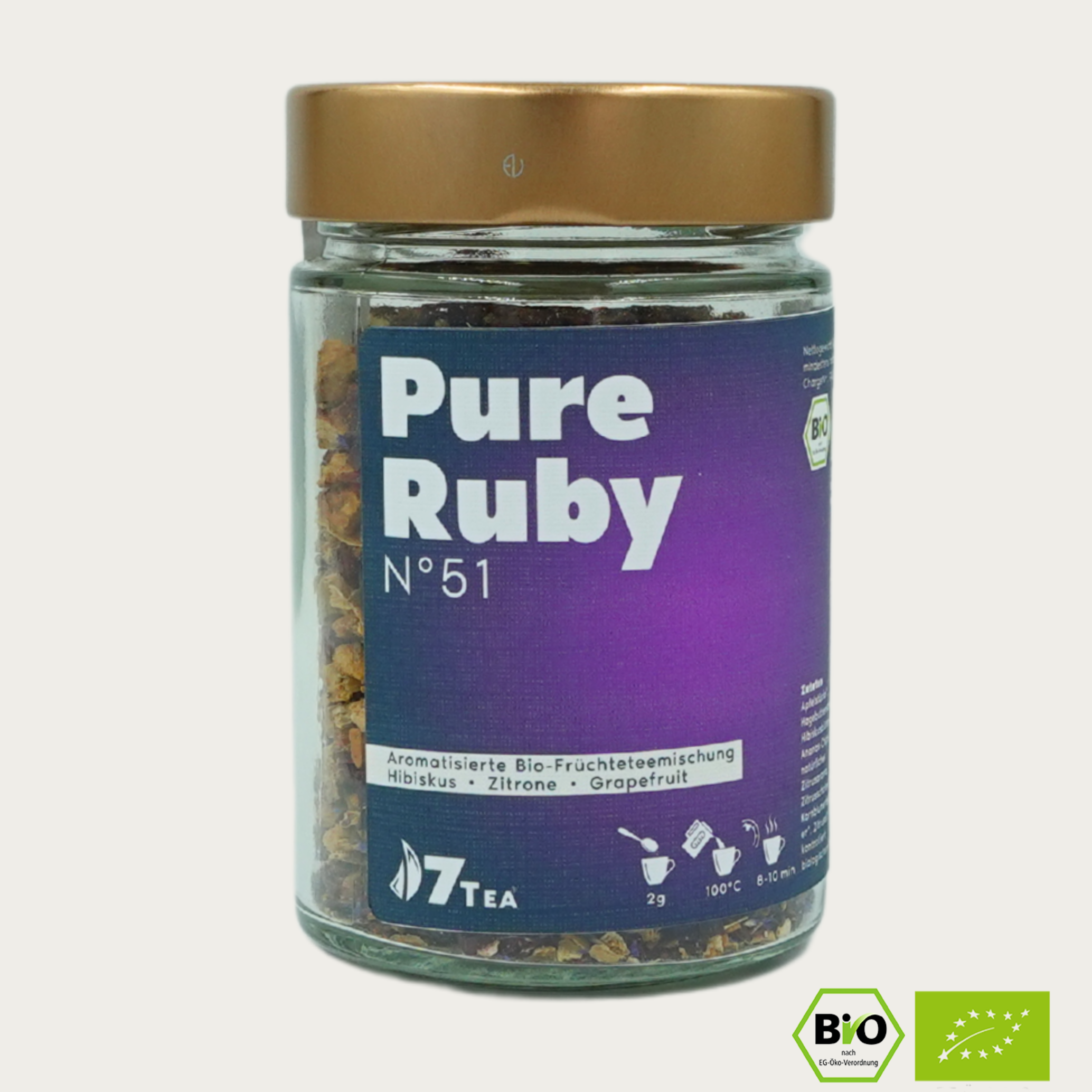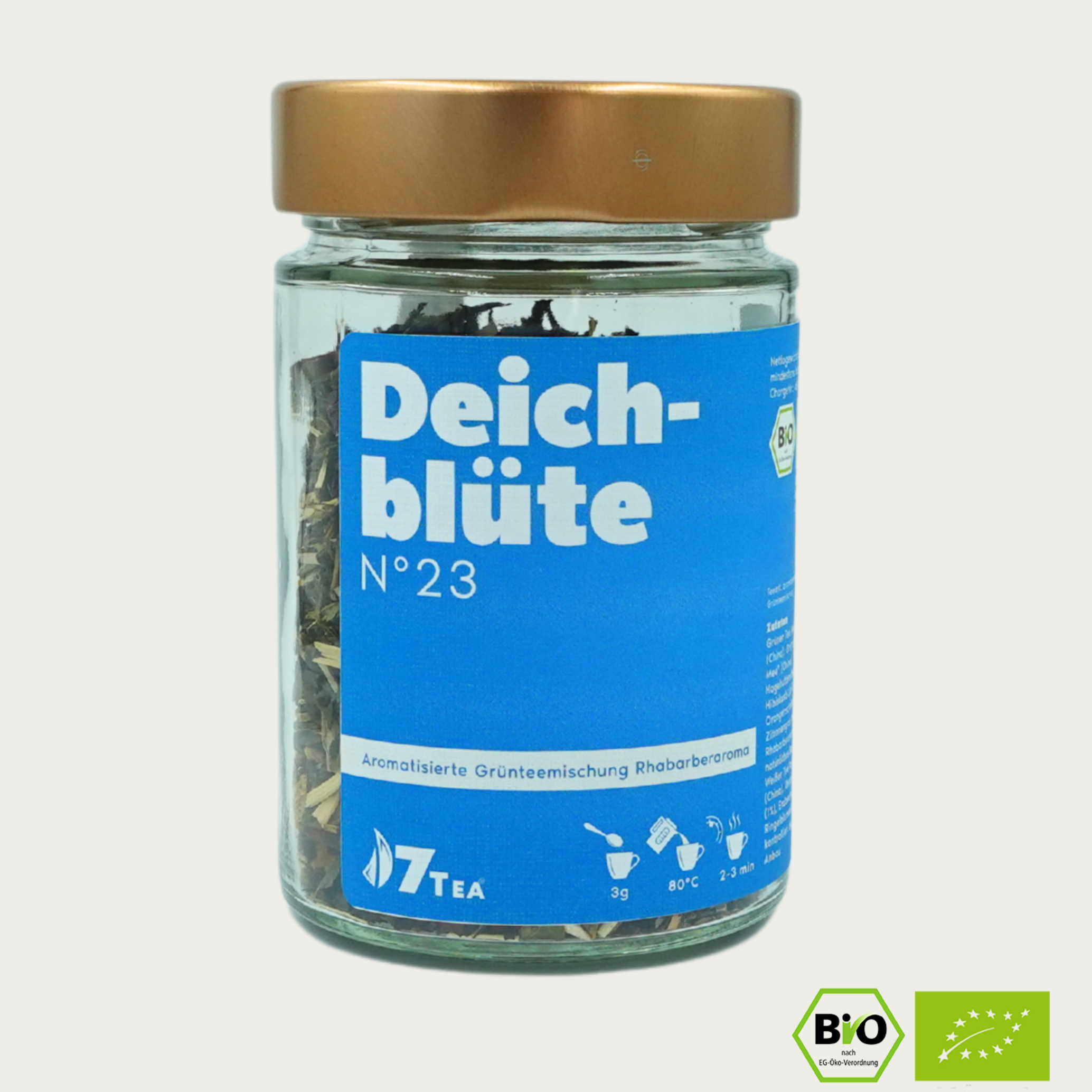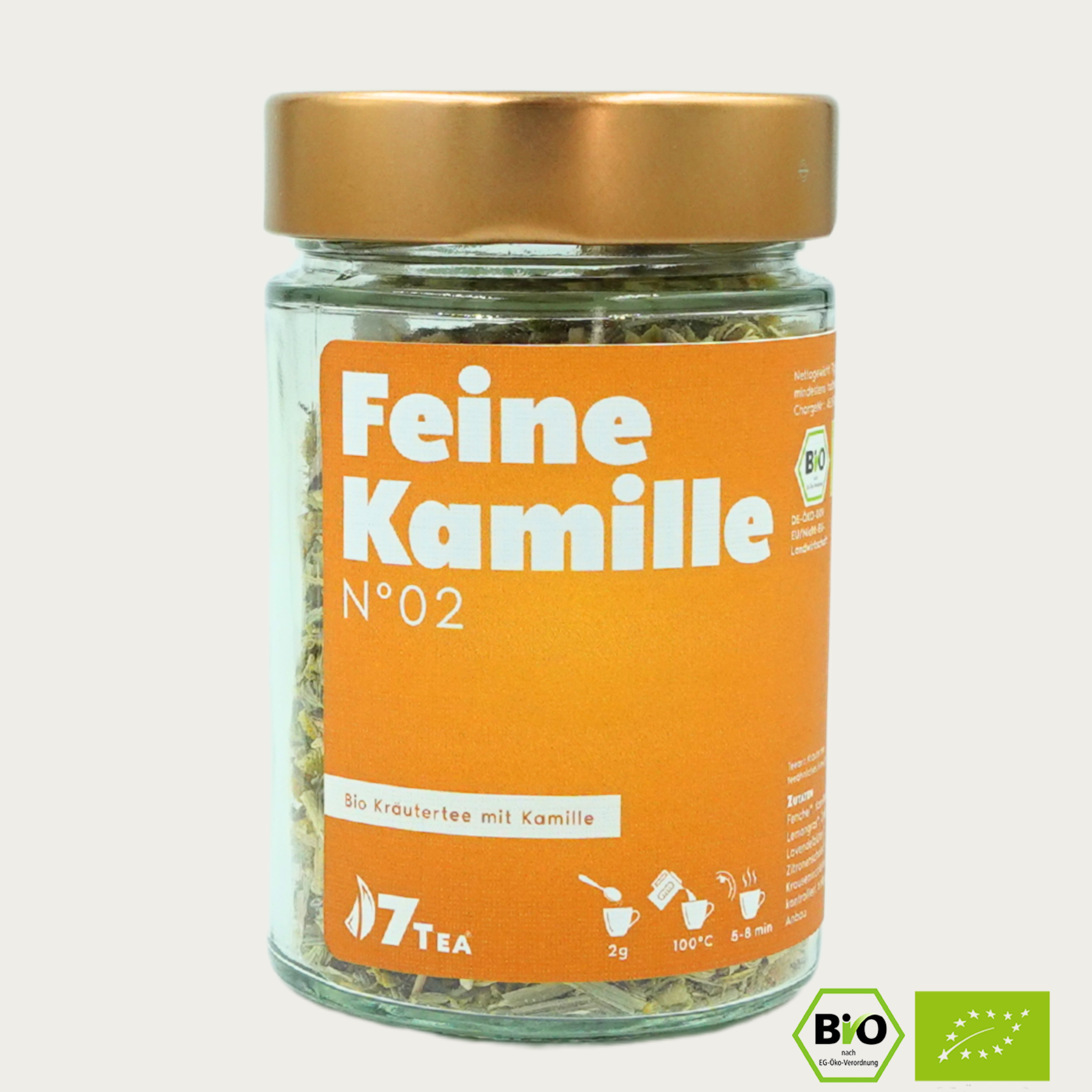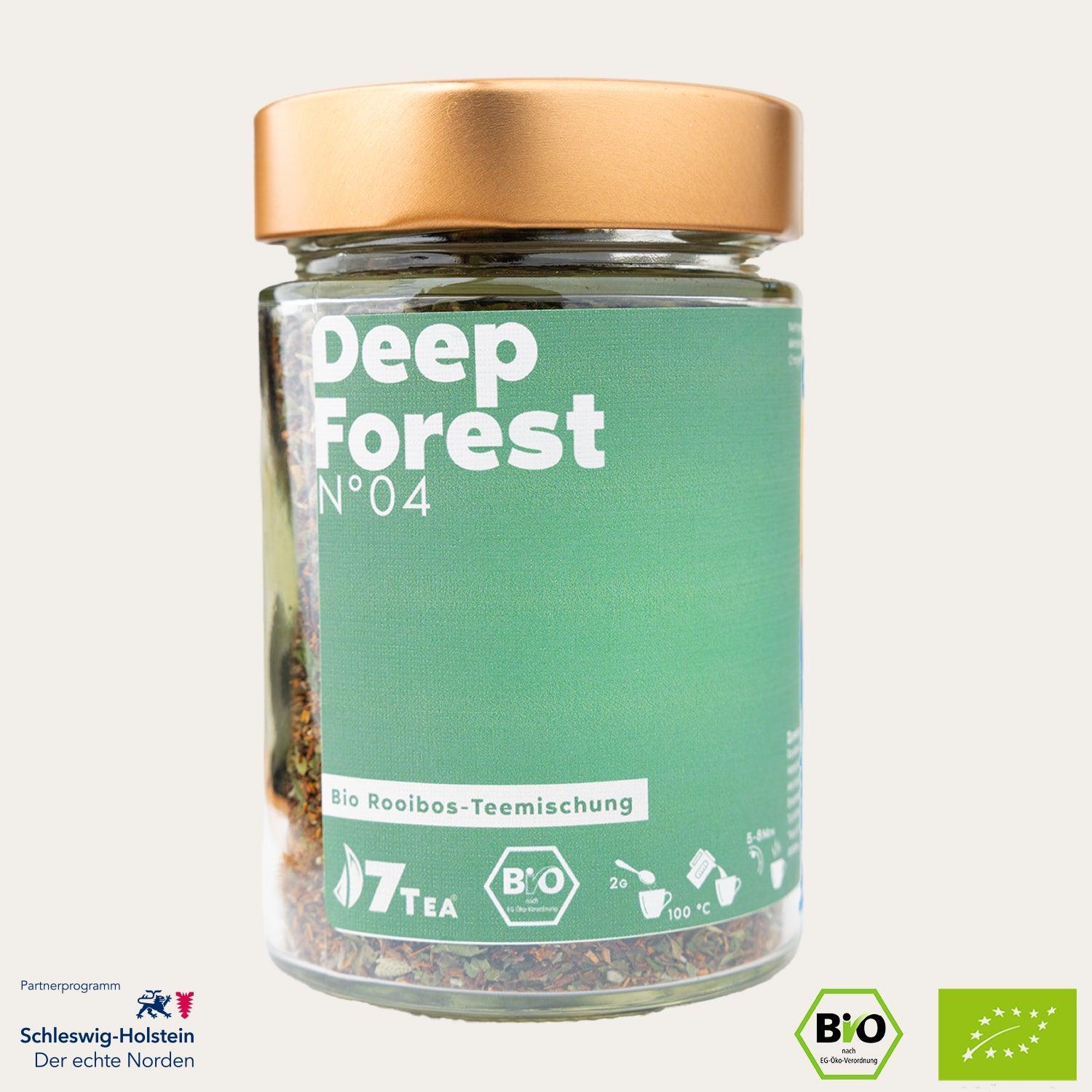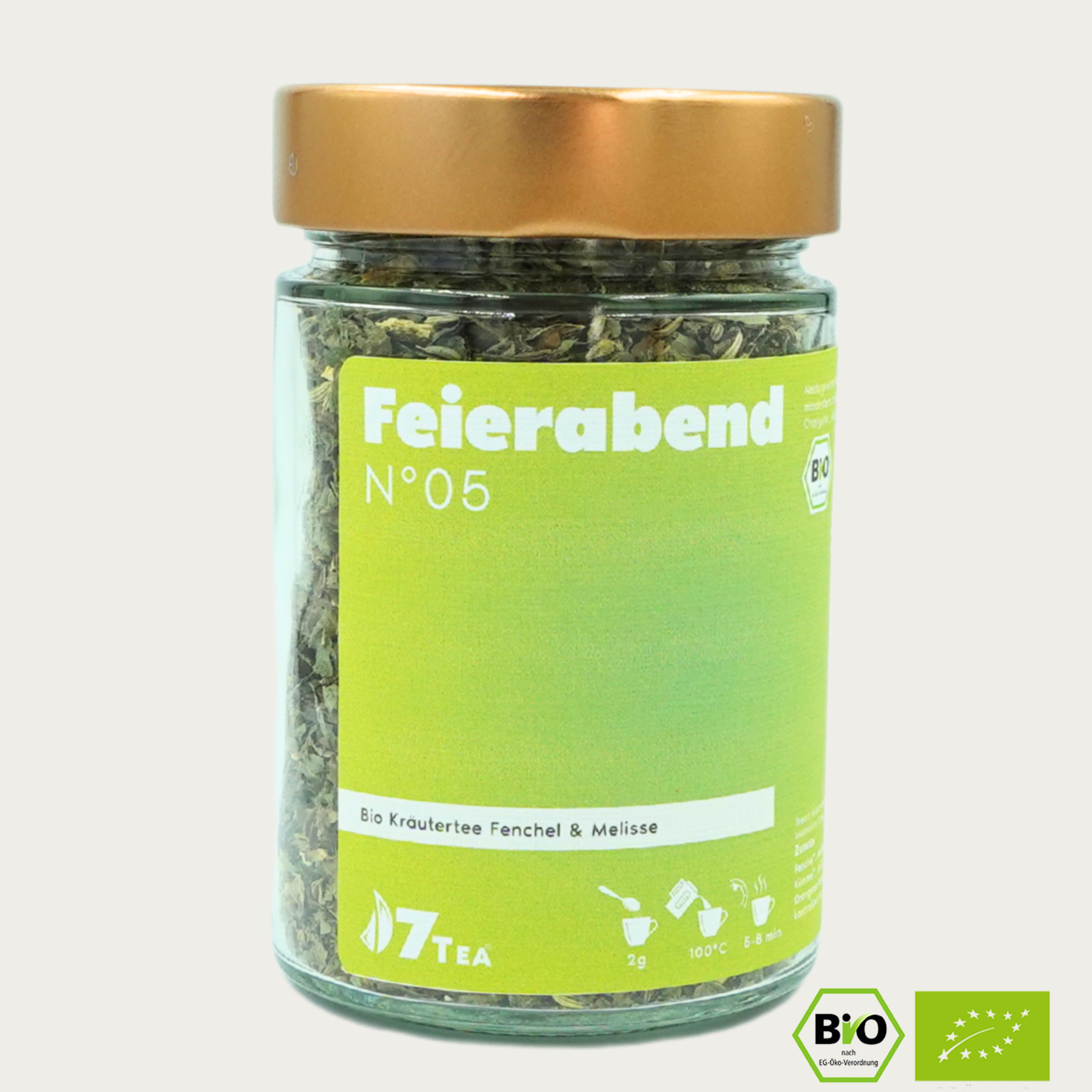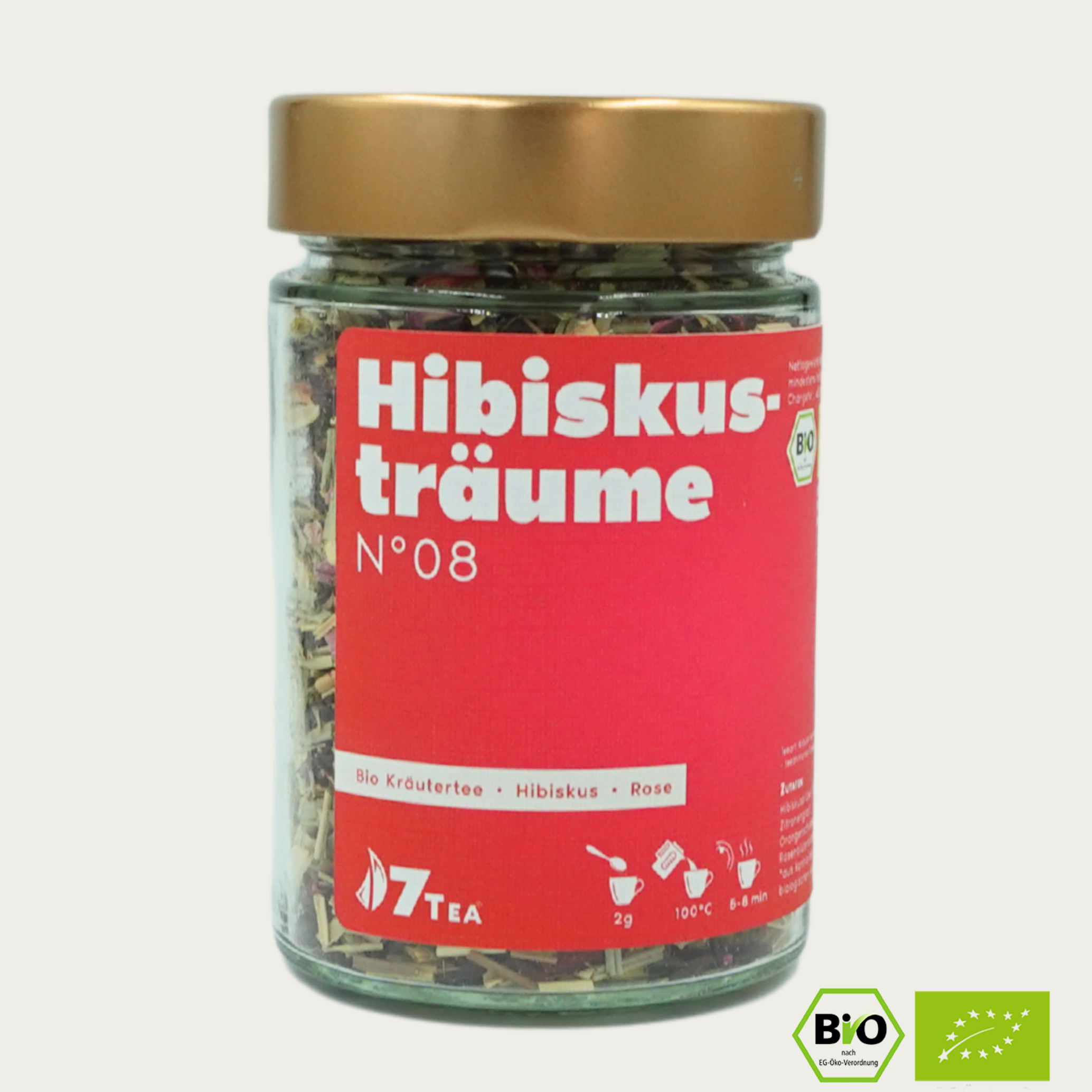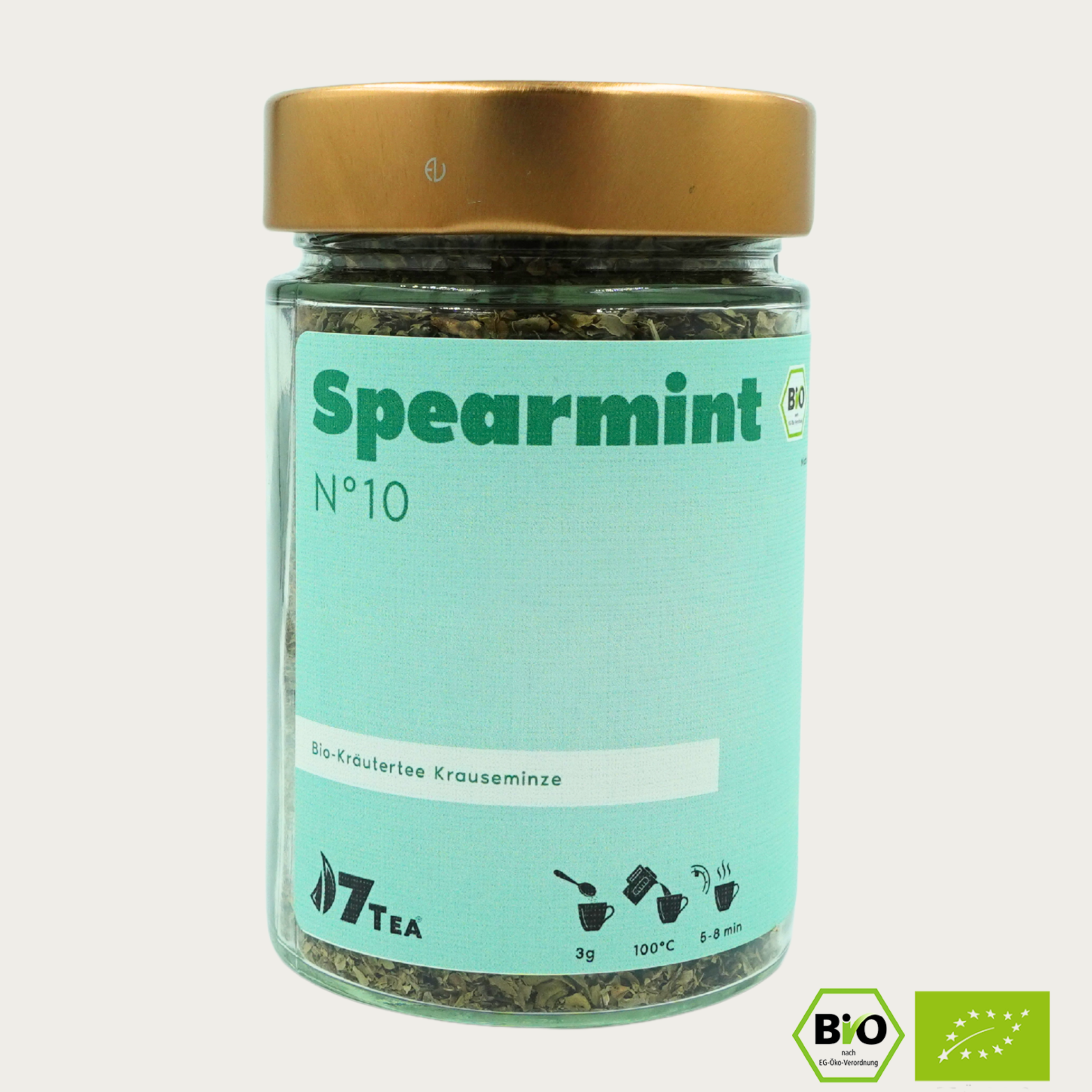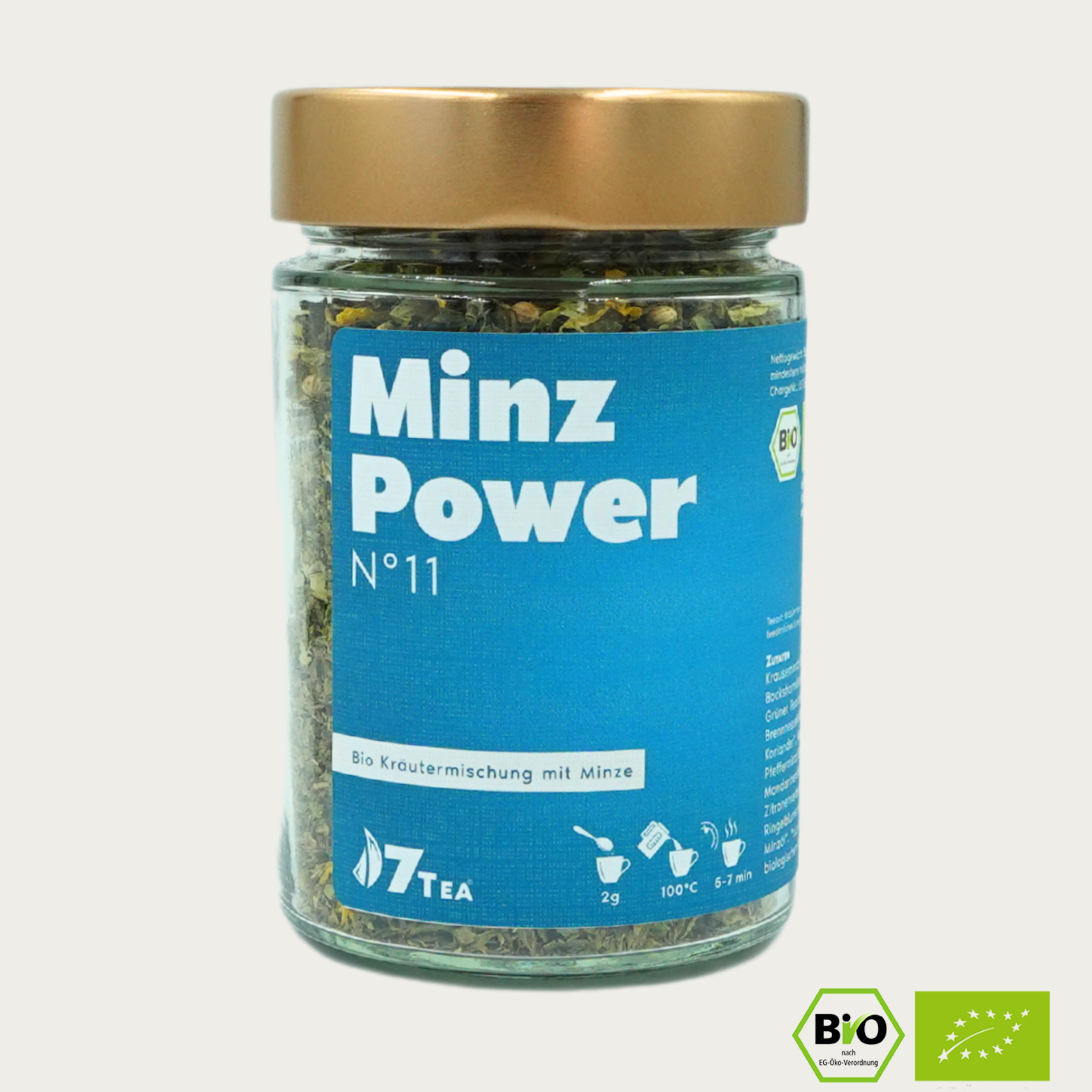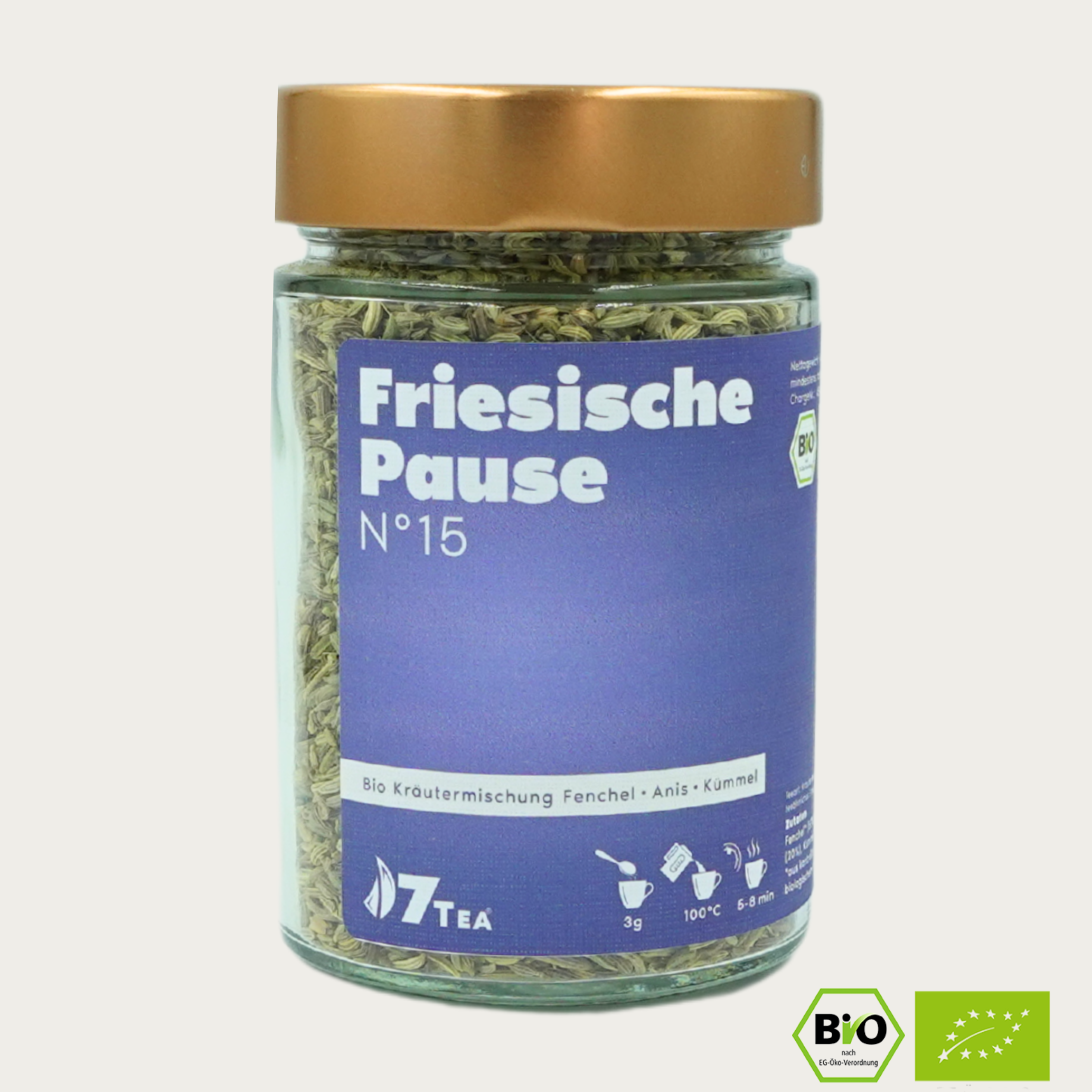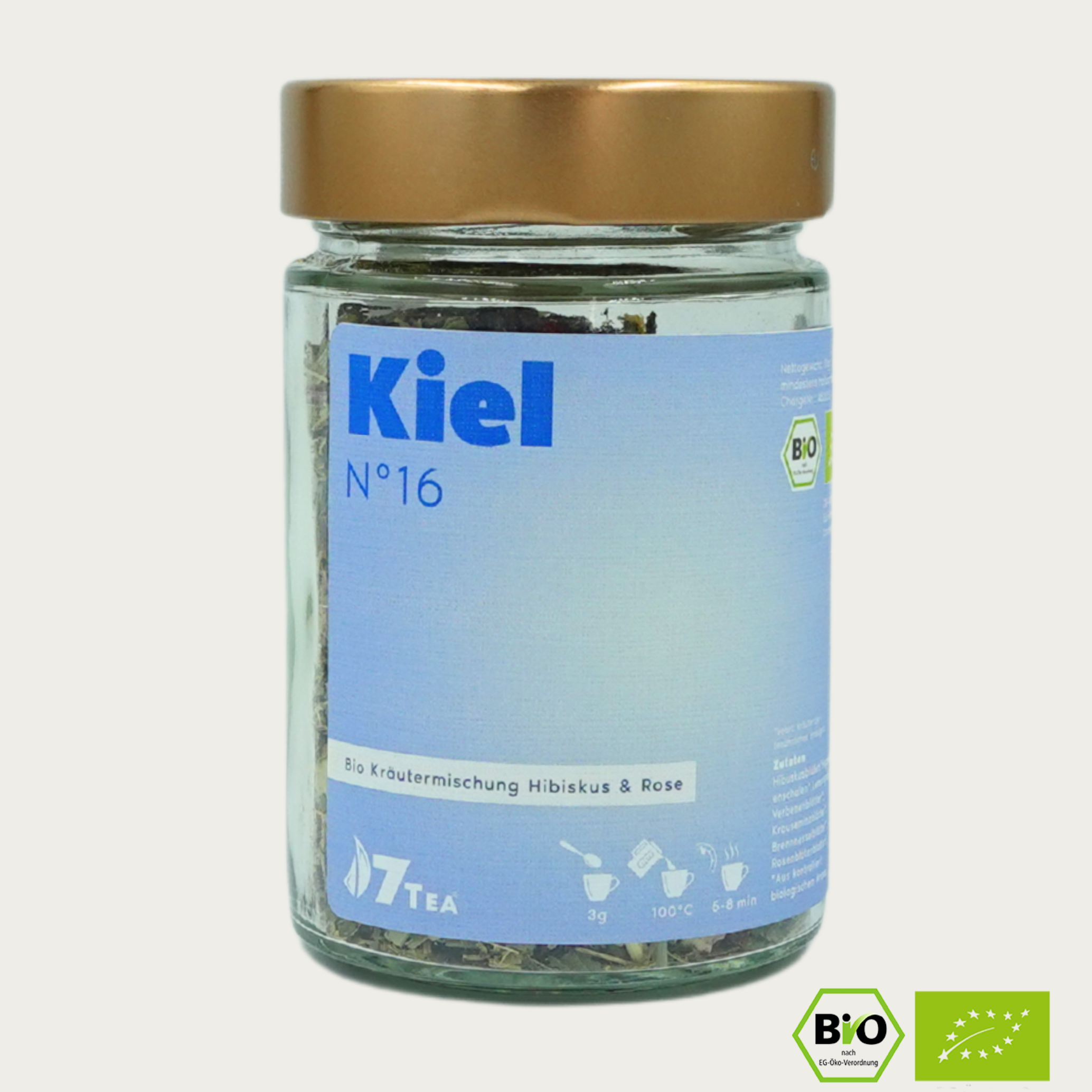What are pesticides and what effects do they have?
Definition of pesticides:
Pesticides are substances used to control pests and diseases in agriculture, horticulture, forestry and other fields. They include a wide range of chemicals aimed at eliminating unwanted insects, weeds, fungi and other organisms that may damage crops or harm public health.
Types of pesticides:
There are different classes of pesticides depending on their target organism:
- Insecticides: Designed to kill or repel insects.
- Herbicides: Used to control weeds and other unwanted vegetation.
- Fungicides: Help fight mold and fungal diseases.
- Rodenticides: Used against rodents such as rats and mice.
How pesticides work:
Pesticides work by disrupting specific biological processes in the target organisms. Many insecticides, for example, affect the insects' nervous systems, causing paralysis and death. Herbicides can disrupt photosynthesis or other vital processes in plants.
Impact of pesticides on the environment and health:
While pesticides are critical to increasing agricultural productivity and controlling disease vectors, they also have potential negative impacts on the environment and human health:
-
Environmental impact:
- Biodiversity loss: Non-selective pesticides can kill beneficial insects, birds and other wildlife.
- Soil and water pollution: Pesticides can enter soil and waterways, affecting water quality and harming aquatic life.
- Resistance development: The frequent use of pesticides can cause pests to develop resistance, leading to increased pesticide use.
-
Health effects:
- Acute poisoning: Accidents or improper handling of pesticides can lead to poisoning, skin irritation and other health problems.
- Long-term effects: Long-term exposure to certain pesticides may increase the risk of cancer, neurological disorders and reproductive problems.
Conclusion:
Pesticides play an important role in modern agriculture and pest management, but their use requires careful consideration of the potential environmental and health risks. By using integrated pest management and alternative methods such as biological control, dependence on chemical pesticides can be reduced and a more sustainable approach to pest management can be promoted.





